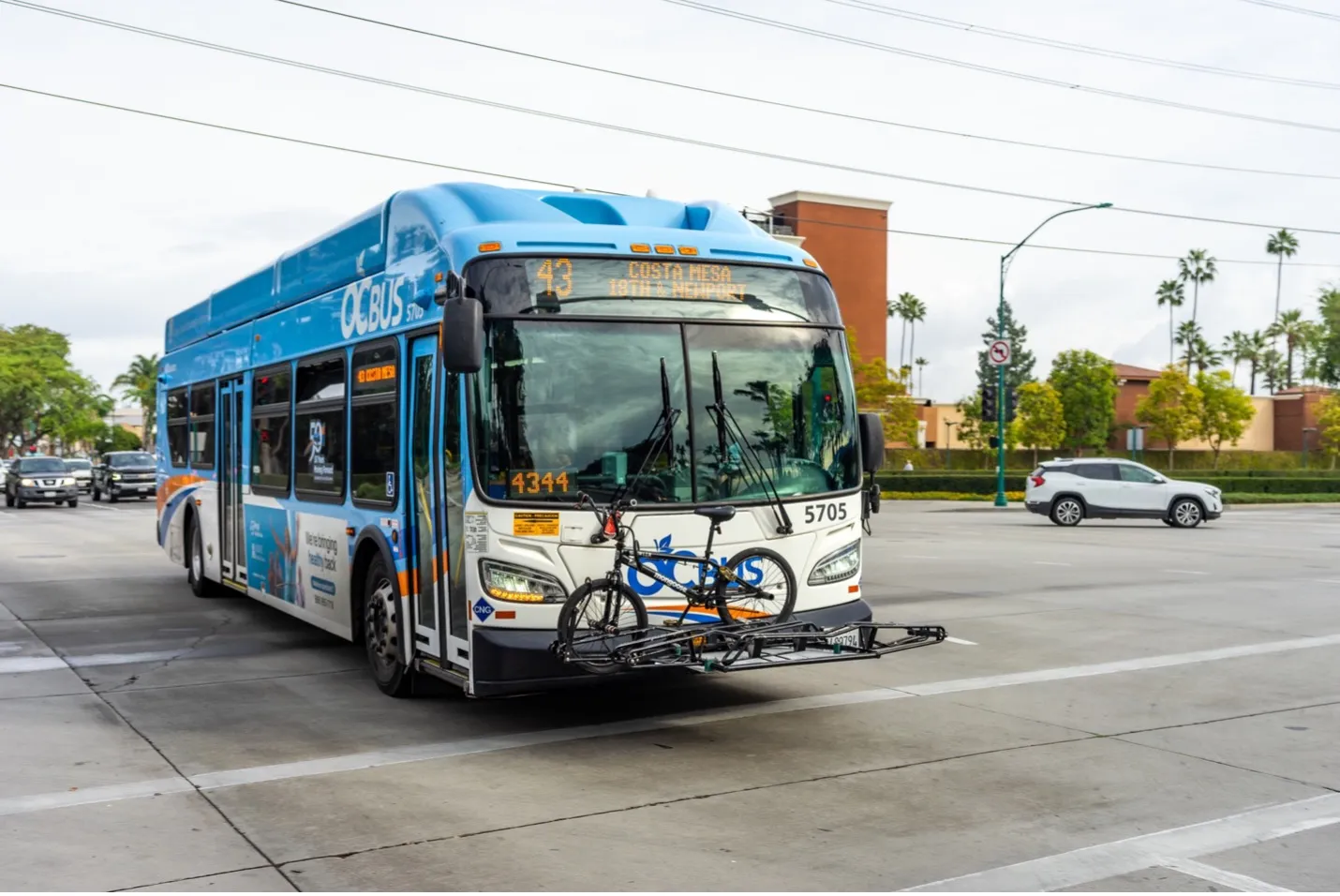The Federal Transit Administration (FTA) has awarded a US$54.5 million grant to the city of Fort Collins in Colorado for its MAX Bus Rapid Transit project. Nearly $3.9 million will also be given by the FTA for the project via its bus facilities and bus grant programme. That amounts the overall federal commitment to the project to some $69.4 million, 80 per cent of the project. The balance of funding is to come from the Colorado State University, Fort Collins, the Downtown Development Authority and the Colo
May 23, 2012
Read time: 2 mins
The 2023 Federal Transit Administration (FTA) has awarded a US$54.5 million grant to the city of Fort Collins in Colorado for its MAX Bus Rapid Transit project. Nearly $3.9 million will also be given by the FTA for the project via its bus facilities and bus grant programme. That amounts the overall federal commitment to the project to some $69.4 million, 80 per cent of the project. The balance of funding is to come from the 5702 Colorado State University, Fort Collins, the Downtown Development Authority and the 5701 Colorado Department of Transportation.
Work on the $87 million planned revamp of the Mason Street corridor will commence immediately, turning it into two-way traffic. Along the corridor, 14 transit stations and stops will be constructed. Bus riders will be able to travel from the intersection of Mason and LaPorte Avenue to the south end of town by 2014 within 20 minutes on energy-efficient buses.
Work on the $87 million planned revamp of the Mason Street corridor will commence immediately, turning it into two-way traffic. Along the corridor, 14 transit stations and stops will be constructed. Bus riders will be able to travel from the intersection of Mason and LaPorte Avenue to the south end of town by 2014 within 20 minutes on energy-efficient buses.









